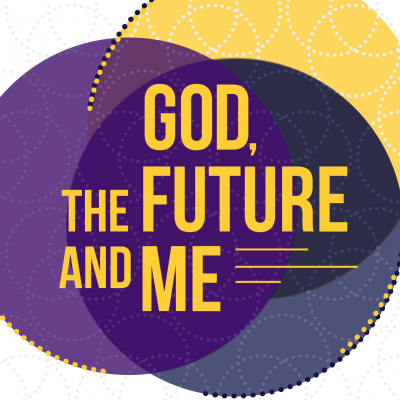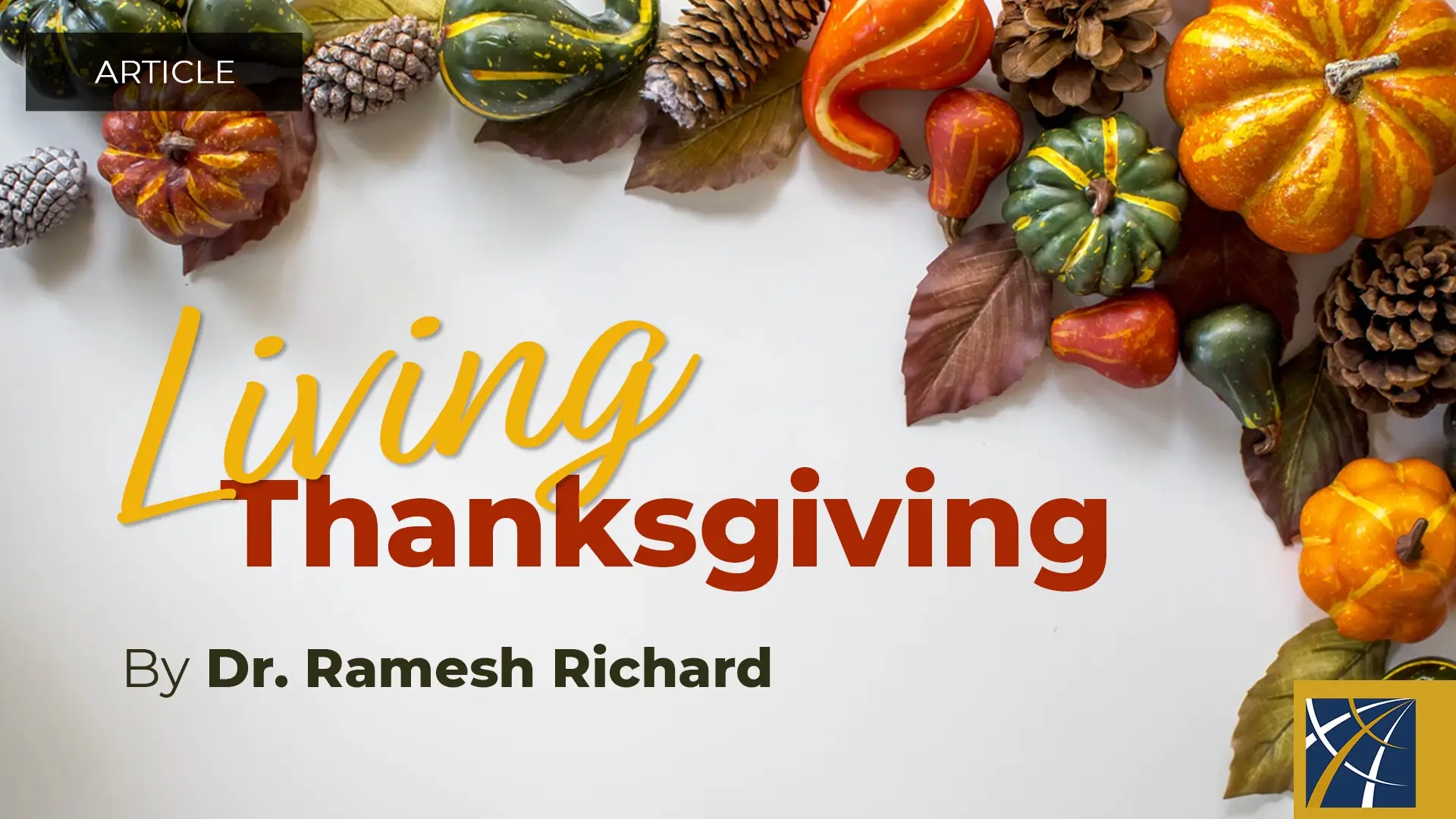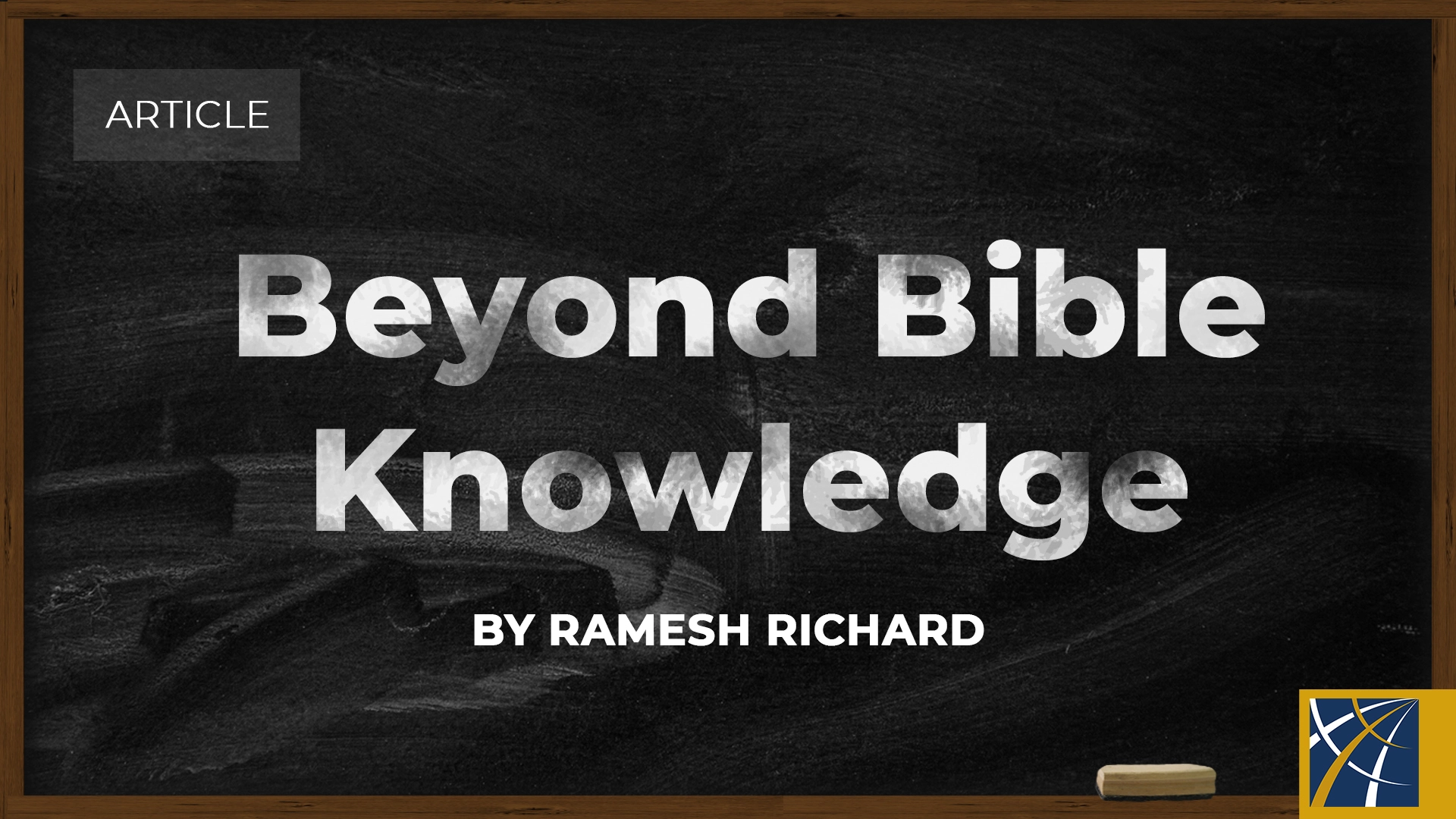
by Ramesh Richard
“Goldfish have a memory span of three seconds. They can’t even see the past, much less the future. But you can. With proven business intelligence and analytic software from …” says an ad from a predictive analytics software company. Anybody know how they calculated this?
Animals have no interest in the future. People, of course, want to foresee, foretell, even forestall the future. They consult diviners and astrologers, futurists and trend watchers, consultants and scenario planners, parrots and pigeons, fortunetellers and fortune cookies.
Despite all our anxiety, especially in leadership literature, to produce the future, we cannot really predict, change, create, delay, advance, or control the future.
As of last report, only One knows the future—immediate and intermediate, general and specific, penultimate and ultimate. In fact, part of the uniqueness of God is just that: his absolute future knowledge, with past and present ability to move humanity and history toward his defined future. Listen to Isaiah 46:9–10:
I am God, and there is no one like me, declaring the end from the beginning and from ancient times things not yet done, saying, “My purpose shall stand, and I will fulfill my intention.”
The Bible presents a practical way to live under God as he makes the future present. We can’t force the future, but we don’t have to fear the future. We are to prepare in the present for the future with a deep biblical conviction of “the Lord willing” (James 4:15). That finest of phrases (in any language!) expresses intention and humility, wisdom and faith, confidence and submission, and an acknowledgement of God’s sovereignty and human responsibility.
Here are a dozen actionable attitudes in wisely living out that conviction in faith:
- Pray for understanding God’s will in the present and for the future.
- Fervently express your preferences to Him, always acknowledging that His best will be our experience.
- Listen to the Spirit of God in his Scriptures for supernatural angles about life’s decisions.
- Make plans for the future, but leave their establishment in God’s hands.
- Find godly and experienced counsel from those who still listen to God, especially when you are “interpreting” circumstances.
- Pursue order, a good degree of order, but do not worry about or attempt to control tomorrow.
- Enjoy the present—it used to be the future just a moment ago.
- Accept the future as it unfolds and becomes the present.
- Develop a new approach to life: “Wait on the Lord,” the planner from eternity, the creator of time, and the same yesterday, today, and forever.
- Live in the present, not in the future; live for the future, not for the present.
- Plan now for the future in wisdom, and ask for God’s future in faith.
- Receive every day as a new opportunity for growth in grace, knowledge, and service.
God is more interested in us trusting WHO holds the future than knowing WHAT the future holds. Love him, know him, believe him, obey him into the future. If we haven’t been convinced as yet, one day in eternity future, we will see how our desires had already been granted in what the personal, gracious Sovereign had ordained for us.




